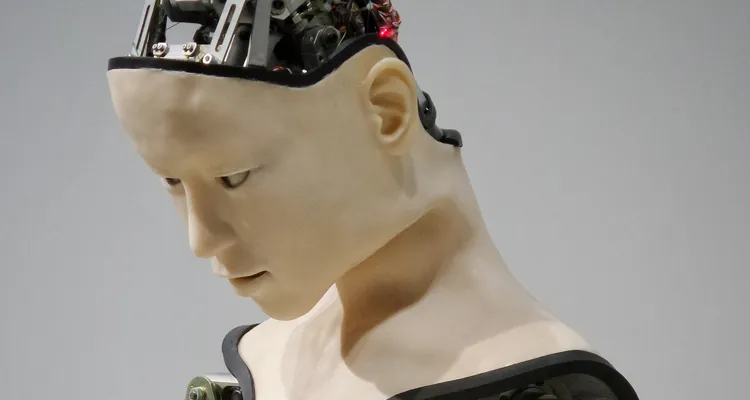Acclaimed songwriter Dan Navarro explains the risks of AI for creatives and culture as the House Committee explores the intersection of AI and copyright.
Today, the House Judiciary IP Subcommittee Hearing discussed the limits and requirements that copyright and other laws impose on generative AI systems.
Artist, songwriter, and voice performer Dan Navarro testified at the hearing about the challenges of generative AI. He recounted his experiences with songwriting and a “human alchemy” that “can’t be fully explained” — nor replicated with AI.
“I started with the end of (Pat Benatar’s ‘We Belong’), and soon we were trading lyrics back and forth that worked for one of us or the other, two estranged friends found a space to connect, and a song that people have enjoyed for the last 40 years was born in 90 minutes,” he says. “That human alchemy can’t be fully explained — but it’s the heart of music creation.”
“By marginalizing and, ultimately, abandoning the fundamental human spark in music creation, we are inviting a future that sees fakes as real, and that debases our art and culture with soulless ‘brown food product’ mediocrity,” Navarro continues.
“I am hard-pressed to understand how a system that rests almost entirely on the works of others — and can be commercialized or used to develop commercial products — owes nothing, not even notice, to the owners of the works it uses to power its system,” says Subcommittee Ranking Member Hank Johnson (D-GA), summing up the core issue.
“The more Congress learns about AI, the more Members appreciate the moral and legal imperative to respect creators’ right to control how their work is used and for strong public policy to ensure professional performers’ voices and likenesses aren’t cloned and impersonated for commercial gain,” reads the Human Artistry Campaign’s statement released at the hearing. “We are grateful to all the members of the House Judiciary Committee for digging so deeply and seriously into these vital questions.”
At the outset of the hearing, Subcommittee Chairman Darrell Issa introduced into the official record an op-ed published by RIAA Chairman and CEO Mitch Glazier and NMPA President and CEO David Israelite. In that piece, the challenges AI poses to songwriters, recording artists, and all performers are carefully reviewed.
“Songwriters, recording artists, and musicians today are literally being forced to compete against AI programs trained on copies of their own compositions and recordings — Use of copyrighted works to train or develop AI must be subject to free-market licensing and authorization from all rightsholders,” write Glazier and Israelite.
“Creators and copyright owners must retain exclusive control over the ways their work is used. The moral invasion of AI engines that steal the core of a professional performer’s identity — the product of a lifetime’s hard work and dedication — without permission or pay cannot be tolerated.”

